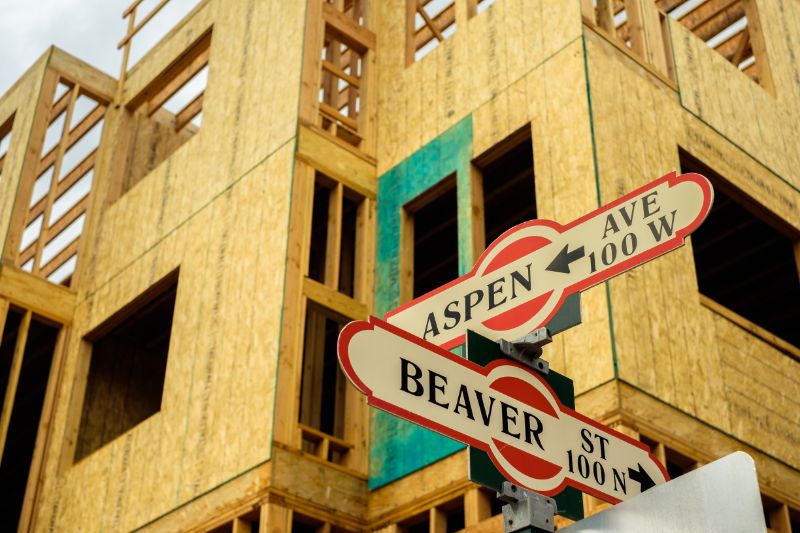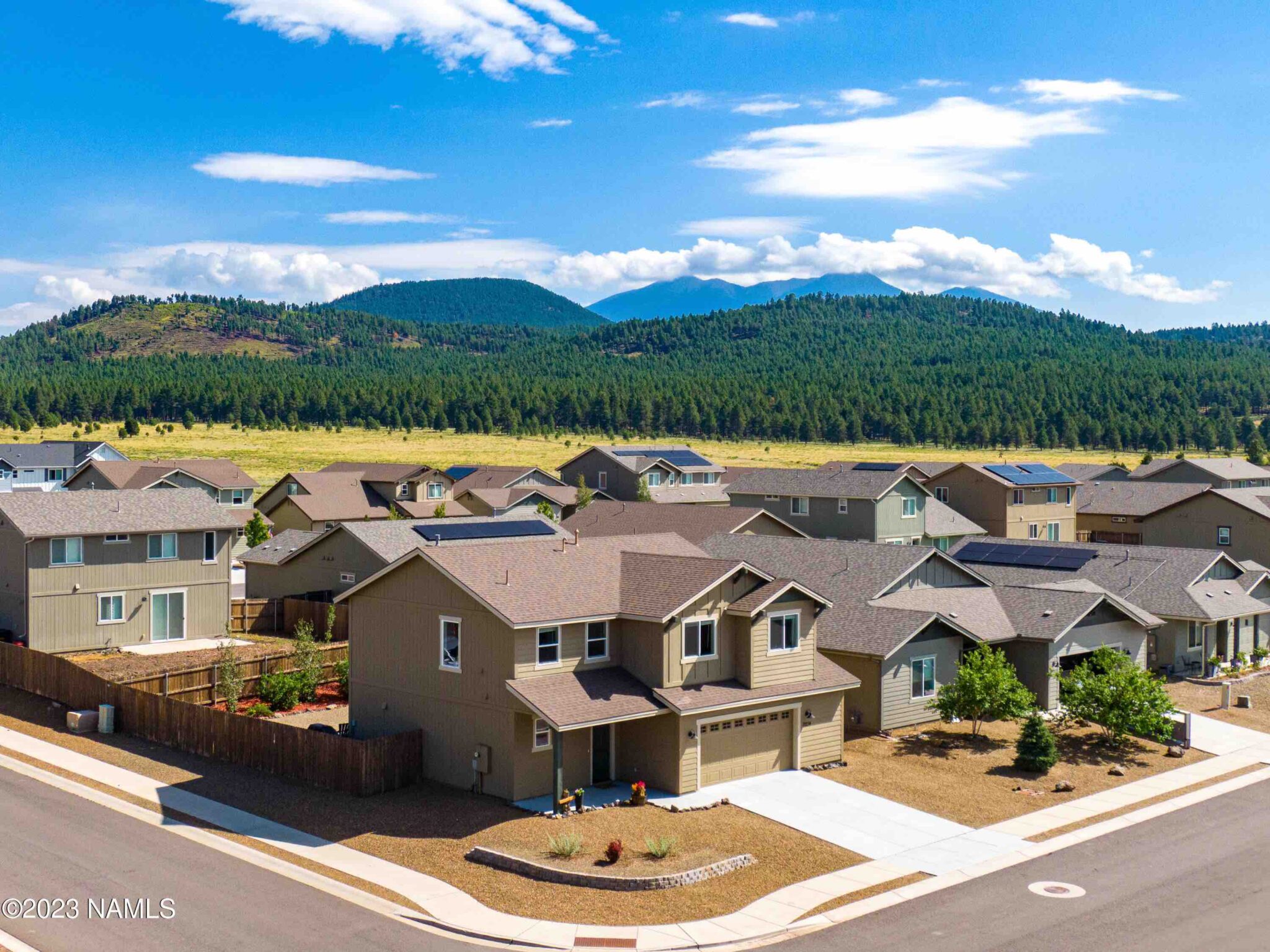The current impact of the coronavirus (COVID-19) in Flagstaff & Northern Arizona:
At the time of writing this blog, Coconino Country has 0 confirmed cases of the coronavirus (COVID-19). Two tests have been submitted from our county and both were negative. While there are no reported cases in Flagstaff the situation seems to be escalating exponentially.
On March 12, Northern Arizona University and Coconino Community College announced they will postpone the start of in-person classes after the schools break for Spring Break. The colleges will be open but the professors and students will be preparing for online classes when they return next week.
There have been some other closures in our city, and some agencies are suspending in-person audiences for their meetings. Property management may be affected if there are extended closures or more closures. A lot of leases will terminate in May and June at the end of the semester. Students may be reluctant to renew these leases if they are unsure if classes will resume in the fall of 2020. We have heard of some property managers, nationally, who have been waiving rents because they have tenants that are unable to work due to closures. While we admire the gesture, this is not a feasible option for many landlords.
How is the coronavirus (COVID-19) impacting the Real Estate industry, nationwide?
The unexpected volatility in the financial markets has led to unusual effects on mortgage rates. Early in the week, interest rates dropped significantly, spurring a large rush of homeowners to pursue refinancing. However, the unexpected volume put unrealistic pressure on most lending institutions that simply couldn’t handle the volume. In many instances, lenders increased rates in an attempt to slow the demand for refinancing and limit long-term risk.
Rates are still at near-historic lows, so it is still a fantastic time to buy. Just keep in mind that the increase in mortgage volume also leads to delays in appraisals, processing, and underwriting, so realistic escrow times will also be lengthened.
We still have many buyers who are looking for homes and eager to pull the trigger when a home for them comes up. We are starting to see an increase in inventory as we normally do this time of year. This week homes are still going pending quickly. The next few weeks may be a different story, however. We do have clients from out of town wanting to purchase who have put a hold on their search because they don’t want to travel. We may see a slow down in second home purchases but the people who have been in the market for the past months waiting for a spark in inventory will, likely, still be ready to pull the trigger.
What precautions can you take to limit exposure to the coronavirus (COVID-19) when buying or selling a house?
Buyers can take the precautions provided by the CDC to limit the risk of exposure to the coronavirus, in the same way, they can limit risk in their daily lives. Washing hands, keeping their distance from those they believe are ill, and of course, keeping their distance from others should they become ill themselves. Sellers can take the same precautionary steps, and disinfect areas they may be concerned with.
When we are showing homes, door knobs get touched the most. Sellers will want to disinfect these after every showing.
The Elite Team also utilizes fantastic 3-D Virtual Tours of many of their listings that can allow buyers to tour the home as if they were there! Here’s an example of a virtual tour.
What does the coronavirus mean for the upcoming spring and summer real estate season in Flagstaff and northern Arizona?
At this point, the situation is very volatile, so predicting market effects is nearly impossible. Should the pandemic remain an issue over the spring, and interest rates remain low, it could possibly lead to a much more robust summer market, even more than usual. The global economic and trade concerns that have resulted from the pandemic could potentially also lead to delays in new home construction, resulting in even more pent-up buyer demand.
The current situation is simply too volatile and unprecedented at this time to form an informed opinion of implications to our local housing market. Once the rapidly-changing situation stabilizes, we will have a much better idea of what impacts, if any, this will have on local buyers and sellers. We do know, however, that the real estate market does react to the stock market, but at a much slower rate. If you have been considering selling, now may be a better time than the upcoming months. Stay tuned to our blog as more information unfolds.


